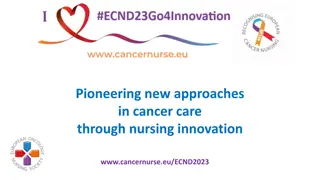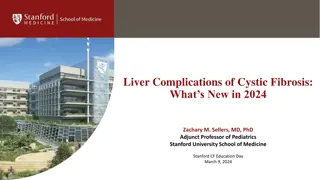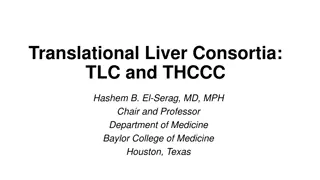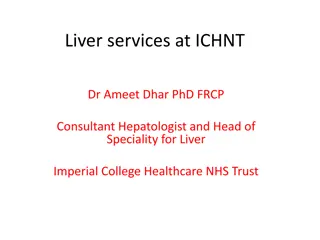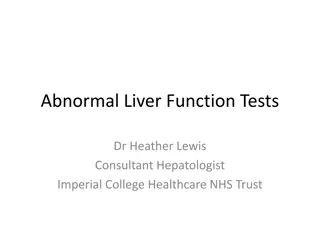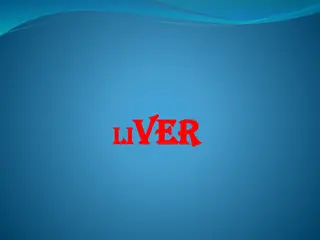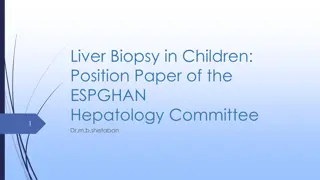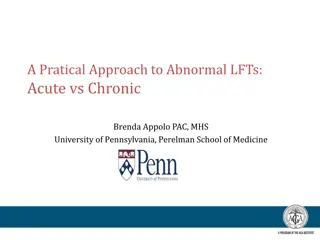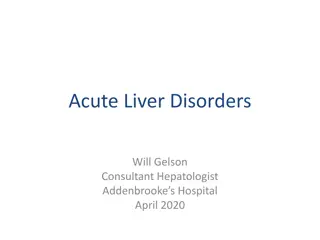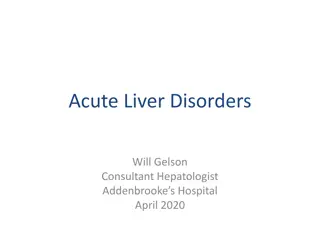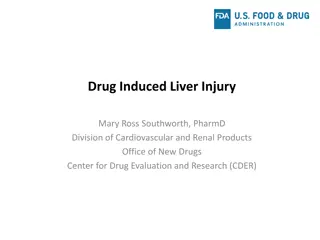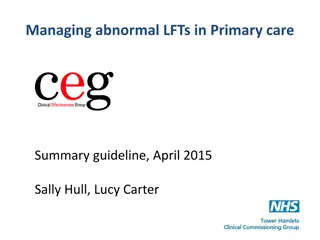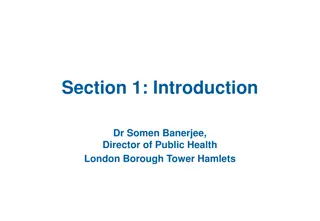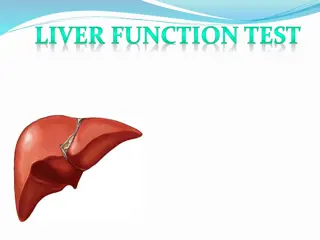Optimising Liver Cancer Care: Addressing Unmet Patient Needs in Europe
Liver cancer patient representatives emphasize the importance of incorporating patient perspectives, improving communication of scientific developments, enhancing healthcare literacy, implementing screening programs, and reducing disparities in diagnosis and treatment across Europe. Addressing social stigma, supporting families, and promoting early diagnosis are key priorities in enhancing liver cancer care.
Download Presentation

Please find below an Image/Link to download the presentation.
The content on the website is provided AS IS for your information and personal use only. It may not be sold, licensed, or shared on other websites without obtaining consent from the author. Download presentation by click this link. If you encounter any issues during the download, it is possible that the publisher has removed the file from their server.
E N D
Presentation Transcript
Liver Cancer: No Patient Left Behind, Optimising the European Response Liver patient representatives know which are some of the unmet needs of liver cancer patients.
Ensure liver cancer research incorporates the patient perspective. We have had a lot of scientific developments in liver cancer, but they need to be better communicated to policymakers and advocacy groups. Ensure there is a systematic approach to collecting real-world patient experiences and needs throughout the patient pathway. Focus on primarycare. We must implement screening programmes. A multidisciplinary teammustbe mandatory. Health literacy is a critical empowerment strategy. Patient organisations focusing on liver diseases and liver cancer can provide a wealth of information and support for patients. In medicine, language matters, mainly because it might be related to stigma. Liver Cancer: No Patient Left Behind, Optimising the European Response
Liver Cancer: No Patient Left Behind, Optimising the European Response Liver patient representatives believe that no patientshould be leftbehind.
Countries should implement programs to eliminate viral hepatitis and clear programs to address livercancer . Attempting to reduce the incidence of liver cancer by reducing the prevalence of liver disease caused by risk factors will require a whole-of-society approach. Patients need to have access to early diagnosis on an equitable basis. Health care must reach everybody. There are wide disparities across Europe regarding diagnosis, treatment, knowledge of liver cancer and patient involvement. Liver cancer and liver diseases have social stigma and negative social connotations. Families need to receive support. prevention, Liver Cancer: No Patient Left Behind, Optimising the European Response



